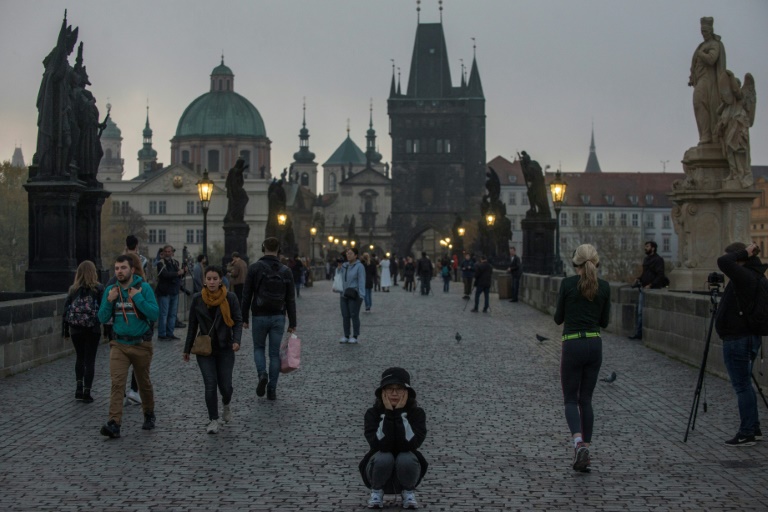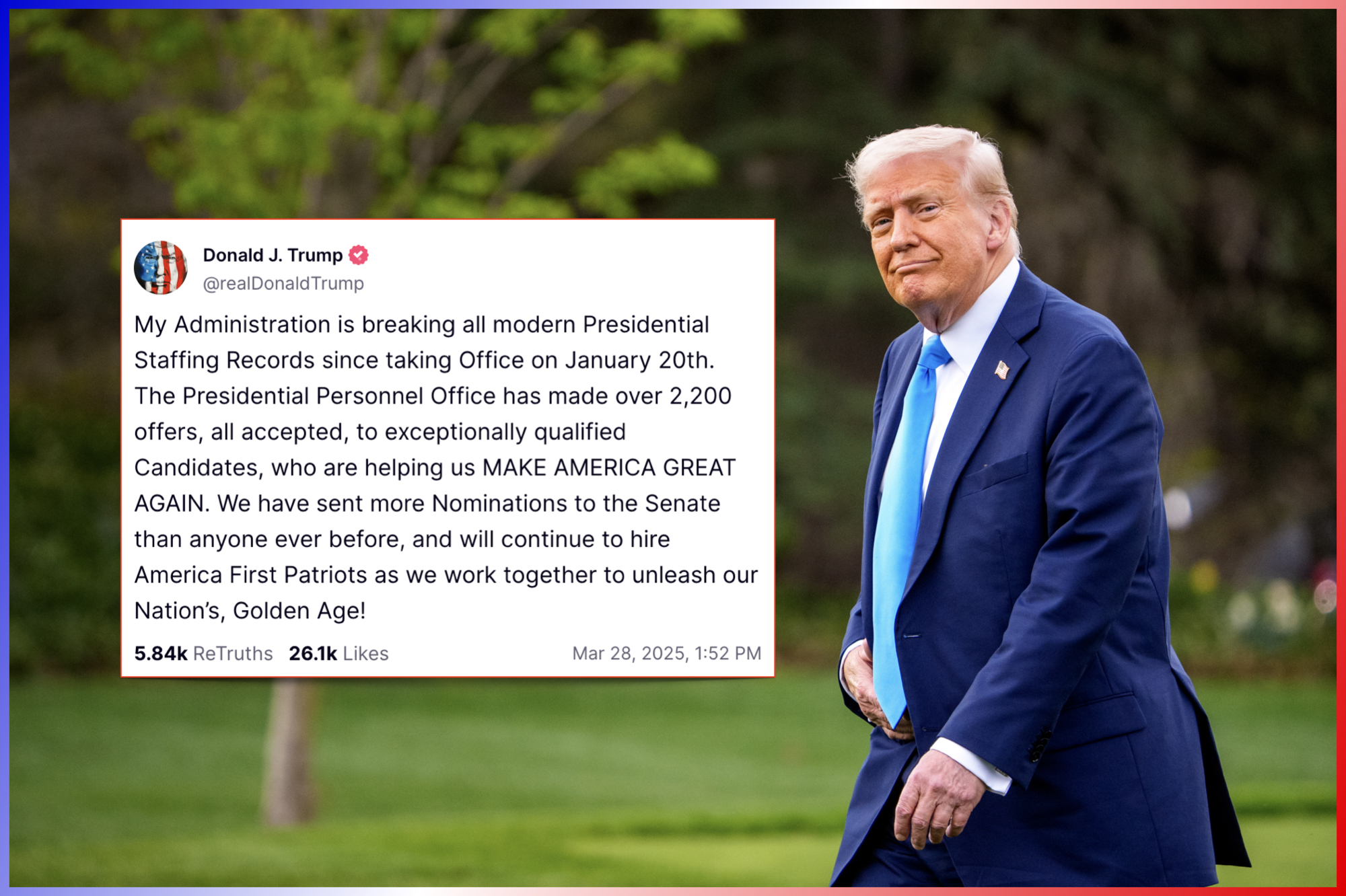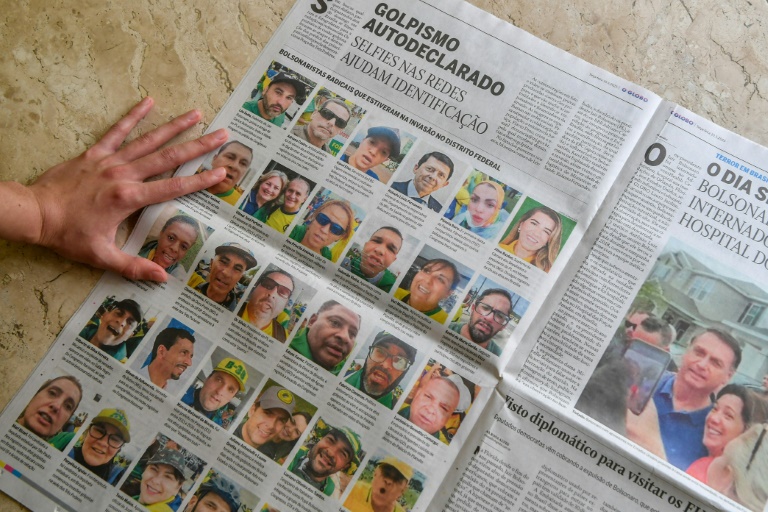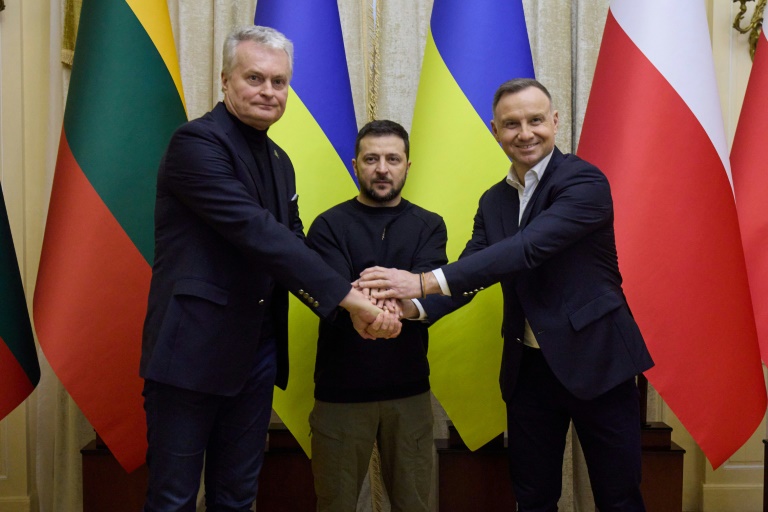AFP
The Czech Republic, which holds the first round of its presidential election on Friday and Saturday, is an ex-communist country that has been a part of the European Union since 2004.
A factfile on the country:
The Czech Republic became a NATO member in 1999 before joining the EU. The country is also a part of the Schengen free travel area, but it has resisted adopting the euro, favouring its own koruna currency.
The outgoing head of state is Milos Zeman, a former communist who had promoted close ties with Russia until it invaded Ukraine last year.
Right-wing Prime Minister Petr Fiala, a former professor of political sciences, presides over a government comprising five parties and backed by a parliamentary majority of 108 of the country’s 200 lawmakers.
Fiala took office after a general election in 2021 in which his three-party Together coalition narrowly beat the centrist populist ANO movement of then-premier Andrej Babis.
Babis, a former communist, is one of eight candidates running in the presidential vote.
In 1918, Western Slavs shook off Austro-Hungarian rule, establishing Czechoslovakia, a new country comprising Czechs and Slovaks. But by 1938, Nazi Germany annexed its borderland regions. A year later it took over the Czech territories of Bohemia and Moravia, and turned Slovakia into a satellite state.
Czechoslovakia regained its autonomy in 1945, but three years later was brought into the orbit of the Soviet Union — and remained there until a non-violent 1989 transition of power.
Czechoslovakia split into two states, the Czech Republic and Slovakia, in 1993 and dissident playwright Vaclav Havel became the first Czech president.
The country of 10.5 million people has no access to the sea and borders Poland, Slovakia, Austria and Germany.
Its capital Prague is a tourist magnet, boasting a picturesque historic centre that has enjoyed UNESCO World Heritage status since 1992. In the shadow of the Prague Castle, the old town split by the Vltava River is rich in architectural gems, Renaissance and Baroque palaces, Gothic cathedrals and art deco buildings illustrating its thousand-year history.
In February 2022, Zeman took a U-turn on Russia after nursing friendly ties with its President Vladimir Putin for years.
When Russia attacked Ukraine, he labelled Putin “a madman (who) must be isolated”. He also admitted he had been wrong about the Russian leader.
Fiala’s government has vowed unflinching support to Ukraine. It has provided military aid worth $200 million to the war-ravaged country and received more than 400,000 refugees.
The government’s critics complain that Fiala’s team is paying more attention to Ukraine than to Czechs battling record inflation and soaring energy prices, which are largely due to the invasion.
Analysts widely predict a recession for the economy heavily dependent on car production and exports. The Czech Republic’s industry relies on three large car plants — Skoda, Hyundai and Toyota.







